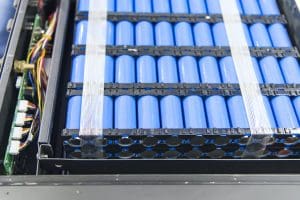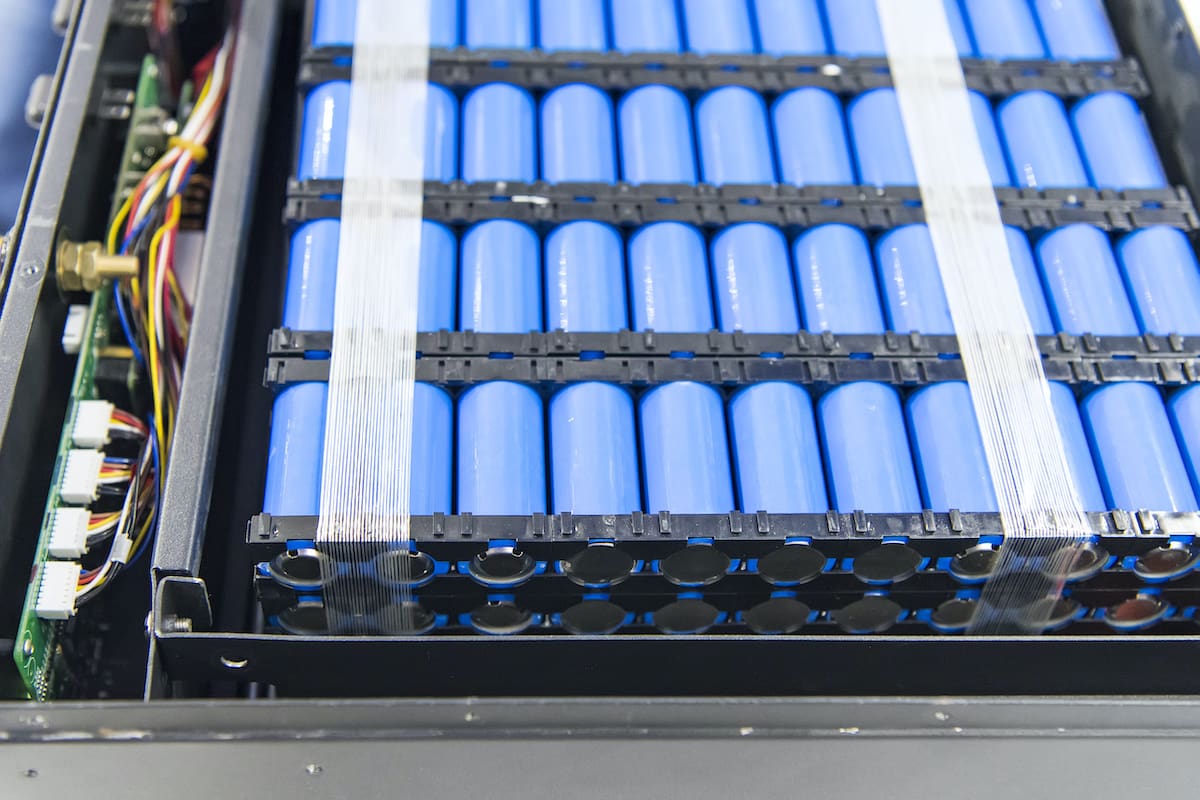By Rennee Karlik, Regulatory Compliance Specialist

The use of lithium-ion batteries is steadily on the rise due to enhanced performance (less time to charge and last longer) in a lightweight package. More and more products across a wide range of applications are using lithium-ion batteries. Tools, electronics, and devices containing lithium-ion batteries are found in our homes and at work. Where they are found and used is important from a regulatory standpoint. Many products containing lithium-ion batteries are used in both places. A drill purchased for home use containing a lithium-ion battery is a consumer product and is regulated by the Consumer Product Safety Act (CPSA). You do not get an SDS with your drill that lives on the workbench in your garage. However, the same drill used in the workplace may no longer meet the requirements to be exempt from the OSHA Hazard Communication Standard (HCS) and the requirement to provide a Safety Data Sheet (SDS).
OSHA & Lithium-ion Batteries
In December of 2015, OSHA issued an official interpretation on whether lithium-ion batteries meet the definition of a manufactured article, exempt from the requirements to produce a Safety Data Sheet (SDS). The letter references a previous interpretation for lead-acid batteries used in the workplace and why they do not meet the “Article” definition. The same logic is applied for Lithium-ion batteries.
“In considering normal conditions of use and foreseeable emergencies, it is important to consider the potential to leak, spill, or break. As OSHA explained in the 2004 Enfonde letter (see enclosed), lead-acid batteries cannot be considered articles because they have the potential to leak, spill, break, and emit hydrogen, which could result in a fire or explosion upon ignition. Similarly, lithium-ion batteries (or lithium battery-powered devices) on a whole, although sealed, have the potential to leak, spill, or break during normal conditions of use and foreseeable emergencies and expose employees to chemicals that can pose health (e.g., lithium cobalt, graphite) and/or physical (e.g., bums, fire) hazards, and therefore, cannot be considered an article.”
Implications for Safety Data Sheets
This interpretation upsets the traditional industry mindset regarding batteries and OSHA regulations. The majority of lithium-ion battery Safety Data Sheets state that the product is an “Article” and exempt from SDS requirements per 29 CFR 1910.1200 (b)(6)(v). The “Article” exemption only applies to products used in the workplace. An SDS for a lithium battery, used in the workplace, should never reference the “Article” exemption since OSHA has determined that the criteria for such exemption are not met. Lithium-ion batteries are only exempt from the requirements under 29CFR 1910.1200 as consumer products.
GSM is committed to helping Manufactures/Importers adhere to SDS requirements. Please contact GSM to find out more.


